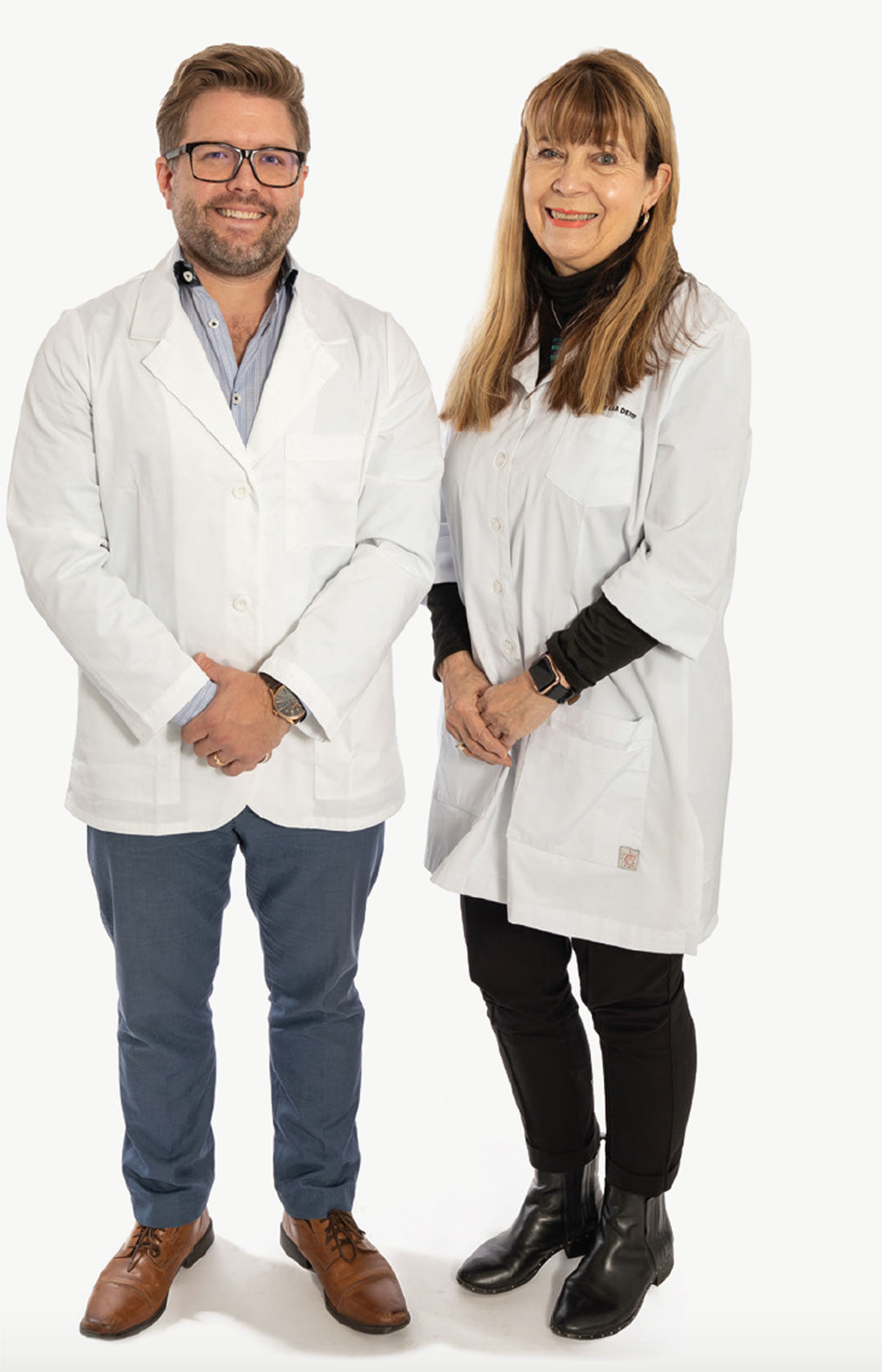Client-Centred Care in Hearing
In the field of hearing, the idea of client-centred care, in its basic form, is implicit as there is a subjective perspective along with the technical. Yet, many hearing clinics still adhere to a biological or sales model when dispensing hearing aids. In this article, I'll discuss what client-centred care could look like in audiology and how to ensure your needs are met by your chosen hearing health team. Client-Centred Care Defined So, what is client-centred care? This concept includes client-centred care, patient-centred care, or patient activation. They all refer to the same framework of clinical practice. Generally, client-centred care changes the focus from a professional-centred authority to the individual client. Additionally, it considers that "the whole person is understood," acknowledging the "full range" of human experience; biological, emotional, psychological, and social in treating hearing loss. Hearing is more than just how the ears respond to sound, it significantly affects the individual and those around them. Shift to Care Approach Traditionally, medical fields have centred around biomedical or disease-oriented models. Simply, a problem is identified, and only the problem/symptoms are fixed. Also known as "doctor-knows-best." In this, the client is a passive recipient. The client-centred framework is a shift away from this style of care. In contrast, client-centred care is more holistic in nature. The goal is to understand the client's personal experiences and empower them to be active, engaged participants in their health care. This shift is especially evident in treating chronic conditions like hearing loss. Thus individualized treatment is...


Recent Comments